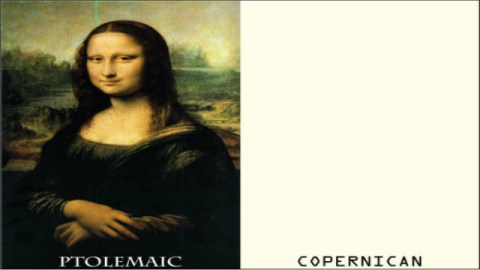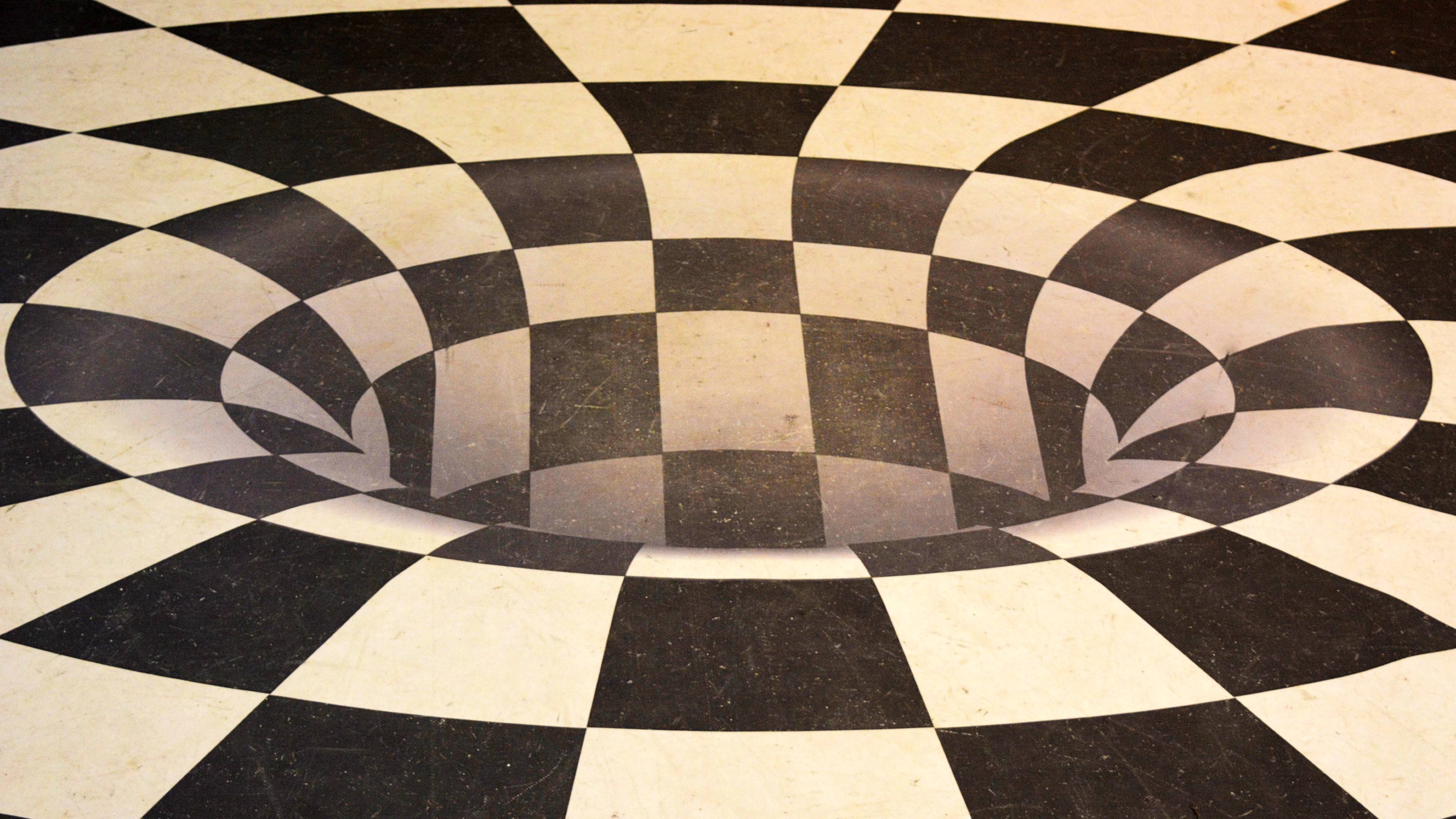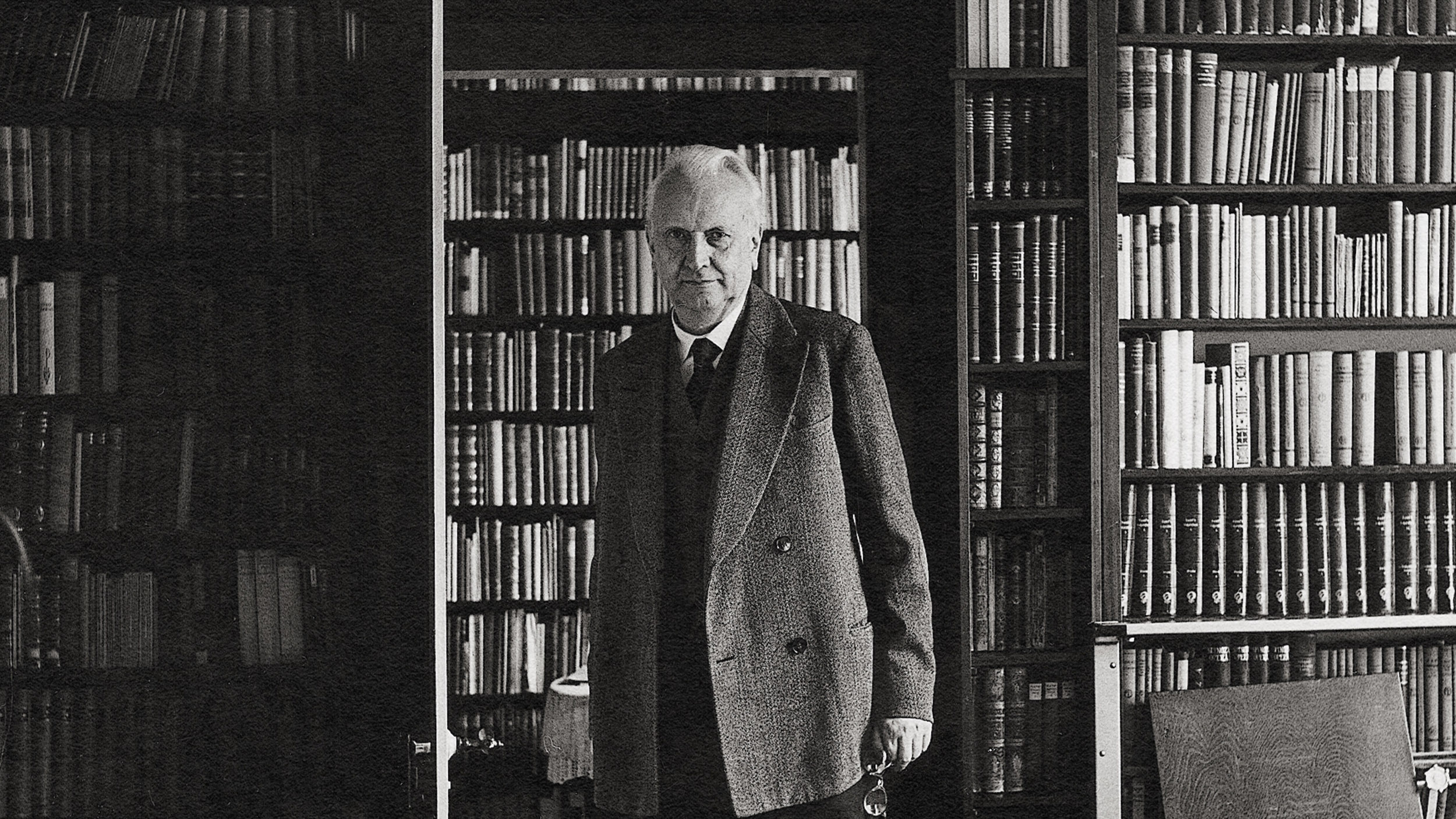Banish the Masterpieces!
For almost 2000 years, Western Art has groped about in the darkness, laboring under the Ptolemaic misconception that Earth (and humankind) is at the center of all things. Until now.

Sign up for the Smarter Faster newsletter
A weekly newsletter featuring the biggest ideas from the smartest people
What’s the Big Idea?
For almost 2000 years, Western Art has groped about in the darkness, laboring under the Ptolemaic misconception that Earth (and humankind) is at the center of all things. Until now. On October 20th, 2011, artist and philosopher Jonathon Keats will unleash a Copernican revolution in the arts that will erase the vibrant landscapes of Van Gogh, the mind-bending portraits of Picasso, even the tortured dystopic visions of Bacon – replacing them with a featureless field of beige.
For almost 2000 years, Western Art has groped about in the darkness, laboring under the Ptolemaic misconception that Earth (and humankind) is at the center of all things. Until now. On October 20th, 2011, artist and philosopher Jonathon Keats will unleash a Copernican revolution in the arts that will erase the vibrant landscapes of Van Gogh, the mind-bending portraits of Picasso, even the tortured dystopic visions of Bacon – replacing them with a featureless field of beige.
“After millennia of egocentric navel-gazing,” says Keats, “astronomers learned from Copernicus that there’s nothing special about us. We’re on an average planet in a typical galaxy, and that’s to our advantage because it lets us assume that whatever we observe here, like the speed of light or the forces within atoms, will be the same everywhere.”
Yet across the art world, the navel-gazing continues. How else to explain the $8 million artist Damien Hirst received for The Physical Impossibility of Death in the Mind of Someone Living: a shark carcass preserved in formaldehyde.
The necessary carnage will not be confined to the visual arts. According to an anonymous source, Mr. Keats also intends to transform cooking, “applying Copernican principles to cuisine by producing a universal anti-seasoning that gives any dish the homogeneity of the cosmos. Blind taste tests have shown that his new condiment makes everything bland.”

What’s the Significance?
What we’re witnessing here is nothing less than the healing of the ancient schism between Art and Science. At last, we will all be on the same page about our puny place in the universe.
Art collectors will have to find another hobby, as no post-revolution artwork will be more valuable than any other. Museums and arts organizations around the world will no longer find themselves embroiled in Mapplethorpian controversies about what constitutes ‘art.’ Instead, they will be faced with the challenge of which among millions of identical paintings to hang in their galleries.
For music lovers, Mr. Keats has prepared special treat: a preview of what’s coming. Listen here to his First Prelude and First Fugue of the Retempered Clavier.
And for home cooks who may not have access to Mr. Keats’ Universal Anti-Seasoning, yet wish to participate in some small way in the revolution, we offer the following recipe:
Copernican Rice
Ingredients:
And for home cooks who may not have access to Mr. Keats’ Universal Anti-Seasoning, yet wish to participate in some small way in the revolution, we offer the following recipe:
Copernican Rice
Ingredients:
Directions:
1. Boil water
2. Add rice.
3. Stir
4. Reduce heat, cover, and simmer for 30 minutes.
5. Eat.
2. Add rice.
3. Stir
4. Reduce heat, cover, and simmer for 30 minutes.
5. Eat.
Jonathon Keats is not quite finished with you yet. Click here for more.
Sign up for the Smarter Faster newsletter
A weekly newsletter featuring the biggest ideas from the smartest people





